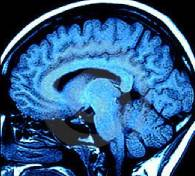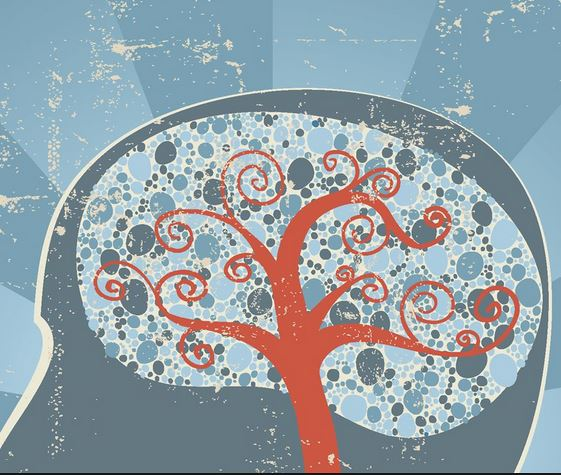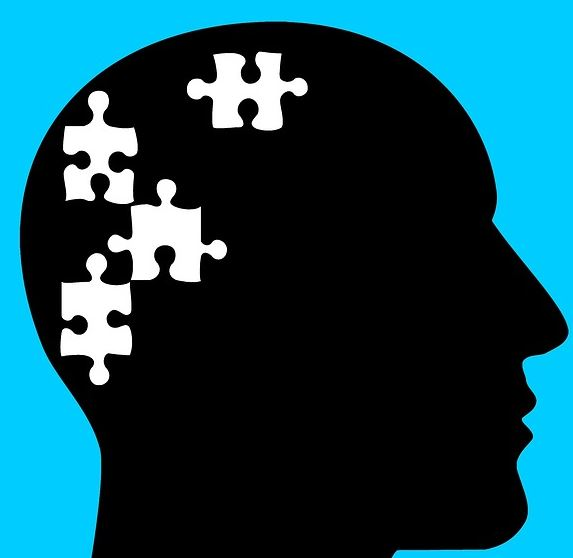MD Stem Cells
Studies & Treatments
Ophthalmology
The Stem Cell Ophthalmology Treatment Study II (SCOTS 2) is the largest study in the world using autologous (from the patient themselves) Bone Marrow Derived Stem Cells. We have published 5 articles in high quality, peer-reviewed medical and scientific journals and have 2 additional under review and several more planned in the next 2 years. We are interested in patients with vision loss as a consequence of optic nerve or retinal diseases.
We have treated over 47 different eye diseases, including major diseases such as glaucoma, NAION, optic atrophy, hereditary optic neuropathies, Age-Related Macular Degeneration (AMD), Diabetic Retinopathies, Stargardts, Retinitis Pigmentosa, hereditary maculopathies, and retinopathies.
We are not substituting for the standard of care- we wish patients to have completed all routine treatment that is available before consulting us.

Neurology
The Neurologic Stem Cell Treatment Study (NEST) is the largest neurologic study using autologous (from the same person) Bone Marrow-Derived Stem Cells. We are interested in the numerous neurologic diseases and degenerations that are present. The major categories include Chronic Stroke (CVA), Parkinson's Disease, MSA (Multiple System Atrophy), PSP (Progressive Supranuclear Palsy), ALS (Anterior Lateral Sclerosis), Multiple Sclerosis ( RR, PP, PR, SP), Traumatic Brain Injury (TBI), Peripheral Neuropathy (including Diabetic Neuropathy).
Still, diseases are considered on a case-by-case basis. Typically, patients receive BMSC intravenously and intranasally.

Autism Spectrum Disorder

Bone Marrow-Derived Stem Cells in the treatment of Autism Spectrum Disorder (ASD) in patients over the age of 18. Evaluation with standard ASD testing, including the AQ test, is required for evaluation. There are a number of preclinical and clinical publications suggesting that BMSC may be of help in various neurologic diseases. One of the more recent university-based studies, Autologous Umbilical Cord Blood Infusion for Children With Autism Spectrum Disorder (ASD) has been conducted at Duke University Medical Center in North Carolina.
NEST is not substituting for standard of care- we wish patients to have completed all routine treatment that is available before considering participation in NEST.
Alzheimer's Disease and Dementias
Eligible conditions may include Alzheimer's Disease (ALZ), Lewy Body Dementia, Multi-infarct Dementia, CADASIL Dementia, and others. Treatment in NEST is in addition to standard of care. Patients are encouraged to continue care including prescribed medications as suggested by their neurologist.
BEFORE
All Rights Reserved | MD Stem Cells
Treatment Locations
Coral Springs, FL
Dubai, UAE
Administrative Office
Westport, CT
Fax:
203-571-1418
